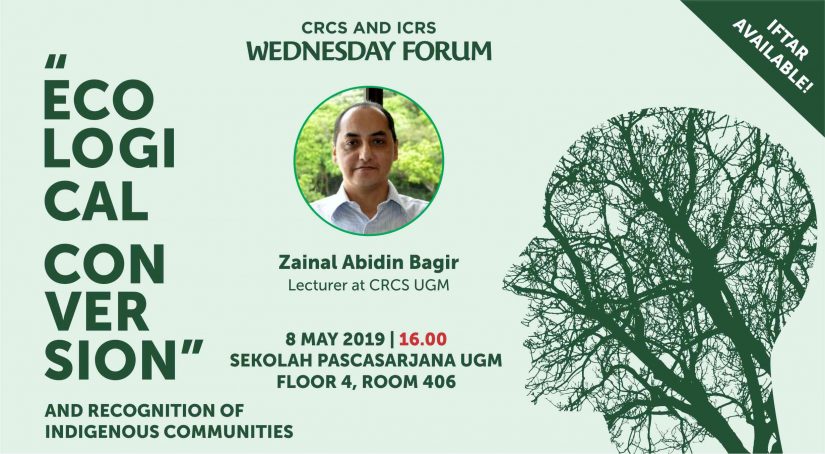
There has been a growing awareness among scholars and practitioners about the important roles of indigenous communities in protecting nature. Yet in religion and ecology discourse as well as interfaith intitiatives on ecology, indigenous religions are very rarely engaged. My presentation will start by looking at recent engagements between world and indigenous religions and analyzing what a full recognition of indigenous communities mean. Making use of the notion of “ecological conversion”, a central concept discussed by Pope Francis in his landmark encyclical Laudato Si’ (2015), I argue that a genuine commitment to environmental cause would require a change on the part of world religions, which may include building a theology more friendly to the indigenous religious practices and beliefs.
Zainal Abidin Bagir teaches “Religion and Ecology” at the Center for Religious and Cross-cultural Studies, Graduate School, Universitas Gadjah Mada. His works on religion, science and ecology has been published in Routledge Handbook of Religion and Ecology (2017), and Zygon Journal of Religion and Science.
Look at the full poster of this event here.

